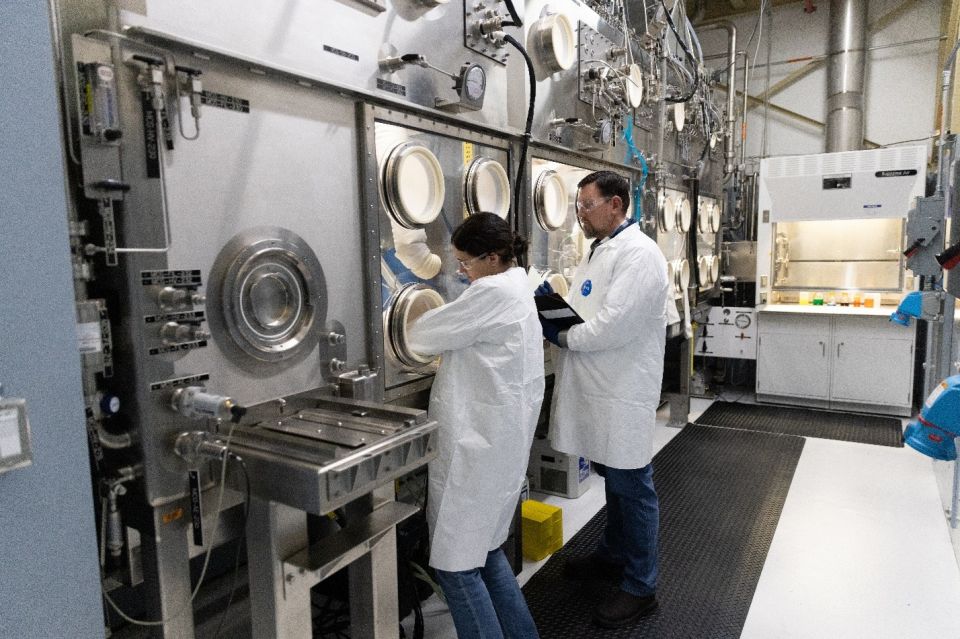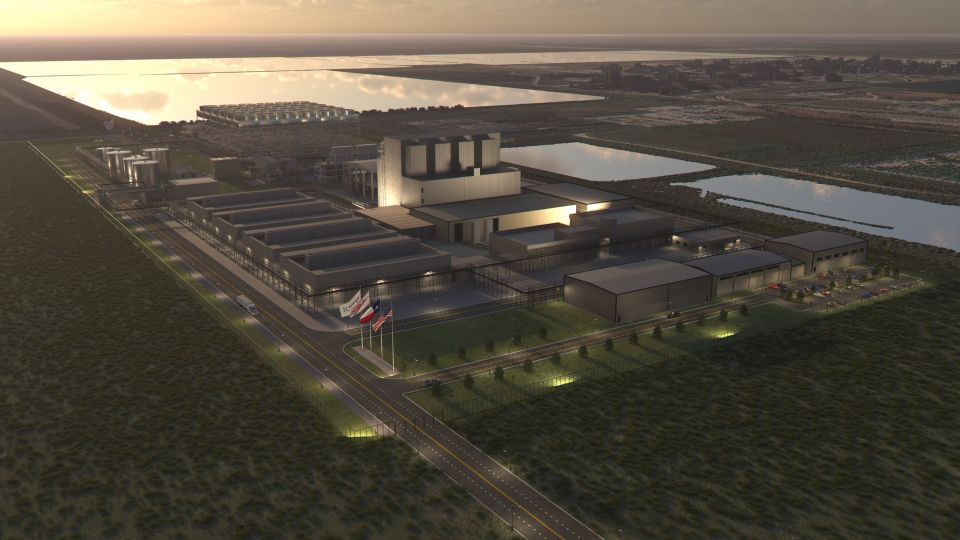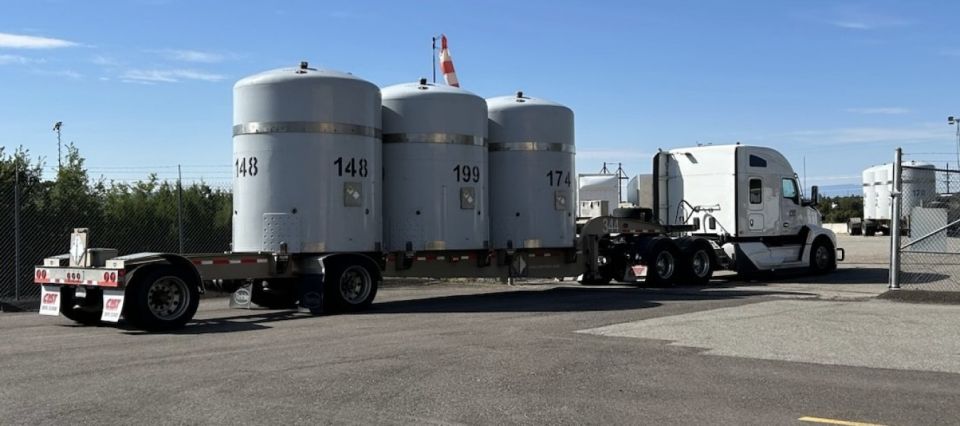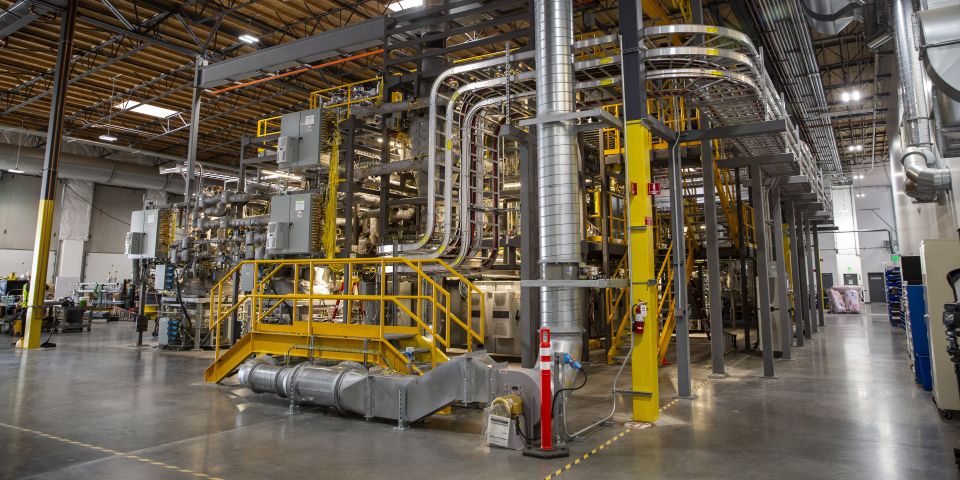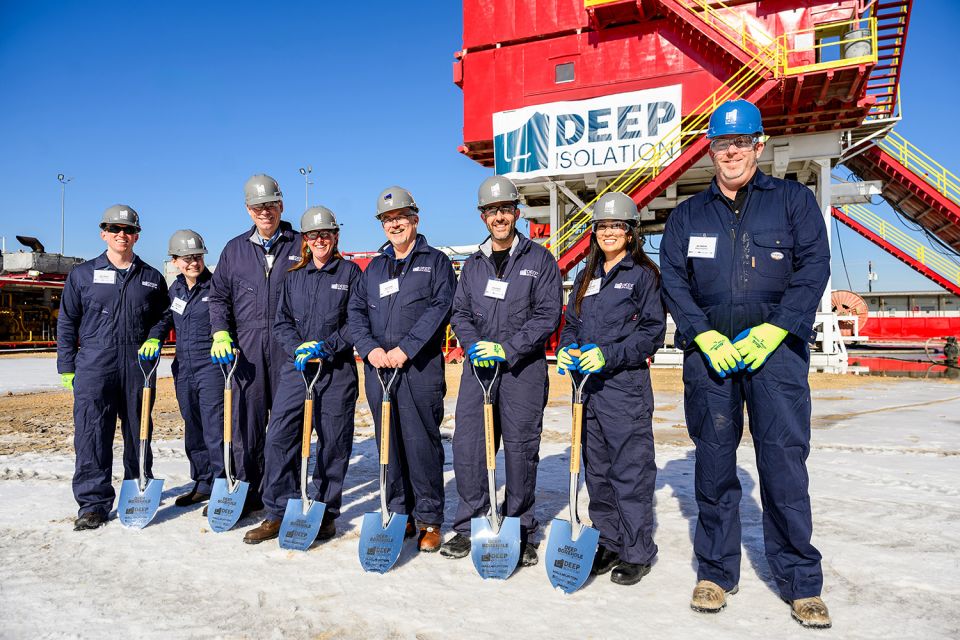Bulletin article argues for more certainty in advanced reactor waste management
A recent Bulletin of the Atomic Scientists article cautions that uncertainty regarding the management of wastes generated by small and advanced reactors could drive up costs, making them uncompetitive with existing light water reactor technology.

-3 2x1.jpg)
